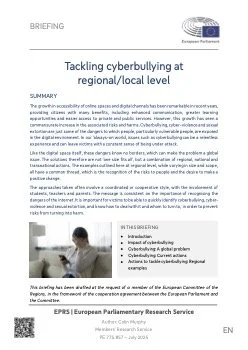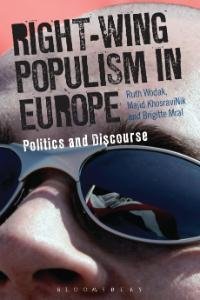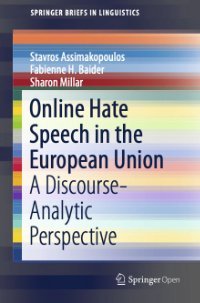By Colin Murphy
SUMMARY The growth in accessibility of online spaces and digital channels has been remarkable in recent years, providing citizens with many benefits, including enhanced communication, greater learning opportunities and easier access to private and public services. However, this growth has seen a commensurate increase in the associated risks and harms. Cyberbullying, cyber-violence and sexual extortion are just some of the dangers to which people, particularly vulnerable people, are exposed in the digital environment. In our 'always-on'world, issues such as cyberbullying can be a relentless experience and can leave victims with a constant sense of being under attack. Like the digital space itself, these dangers know no borders, which can make the problem a global issue. The solutions therefore are not 'one size fits all', but a combination of regional, national and transnational actions. The examples outlined here at regional level, while varying in size and scope, all have a common thread, which is the recognition of the risks to people and the desire to make a positive change. The approaches taken often involve a coordinated or cooperative style, with the involvement of students, teachers and parents. The message is consistent on the importance of recognising the dangers of the internet. It is important for victims to be able to quickly identify cyberbullying, cyberviolence and sexual extortion,and know how to deal with it and whom to turn to, in order to prevent risks from turning into harm.
Brussels: EPRS | European Parliamentary Research Service, 2025. 9p.










